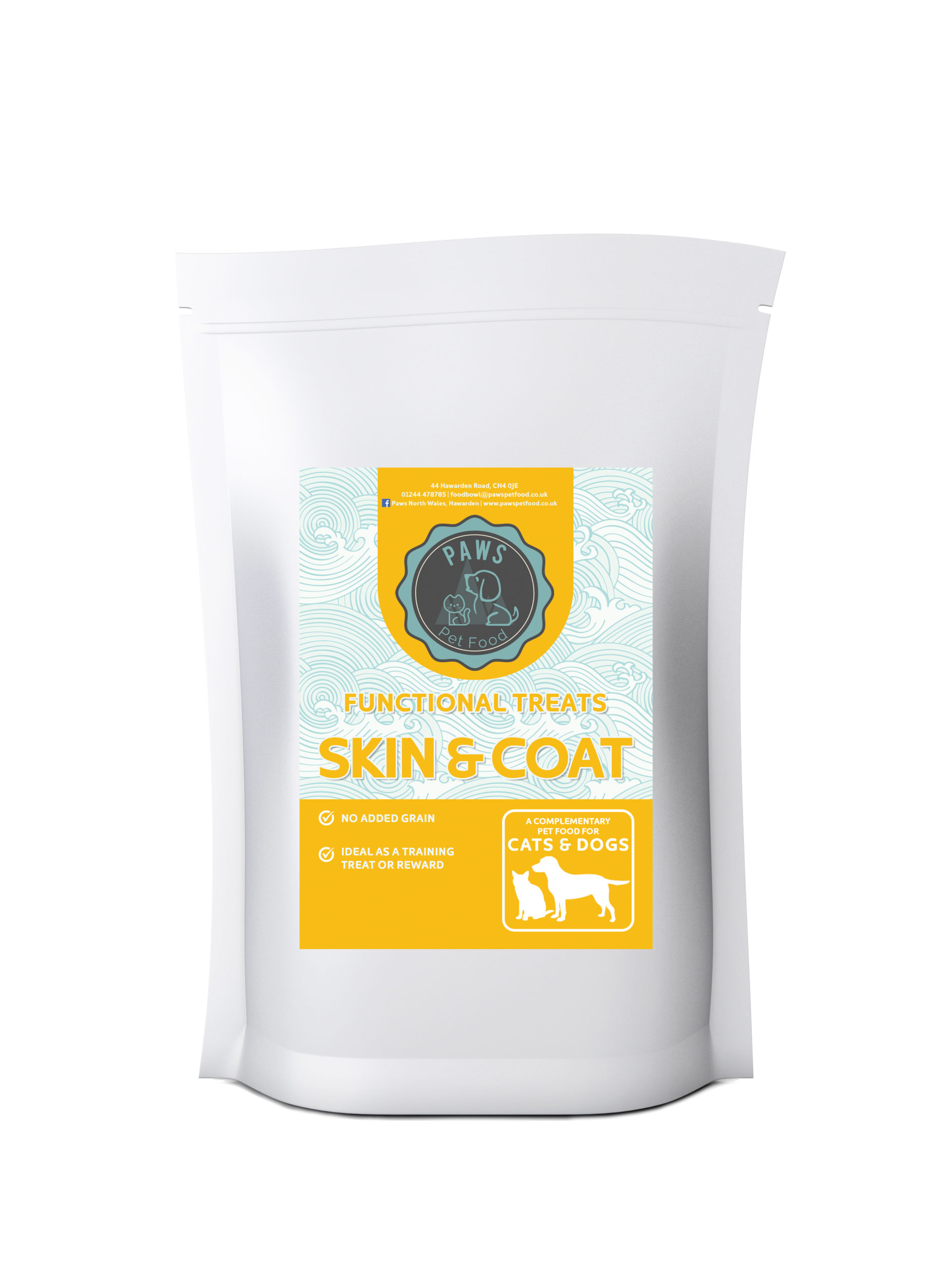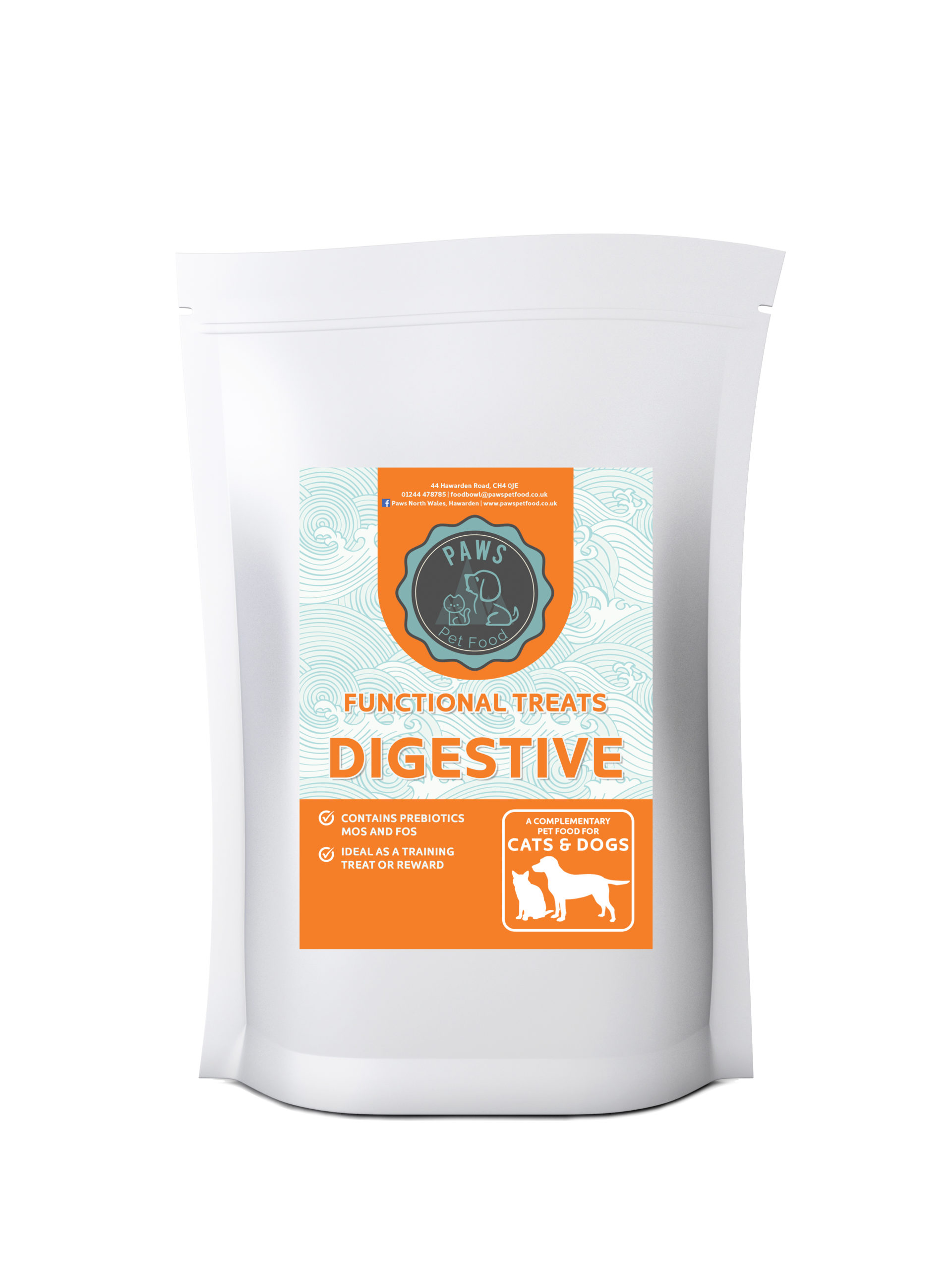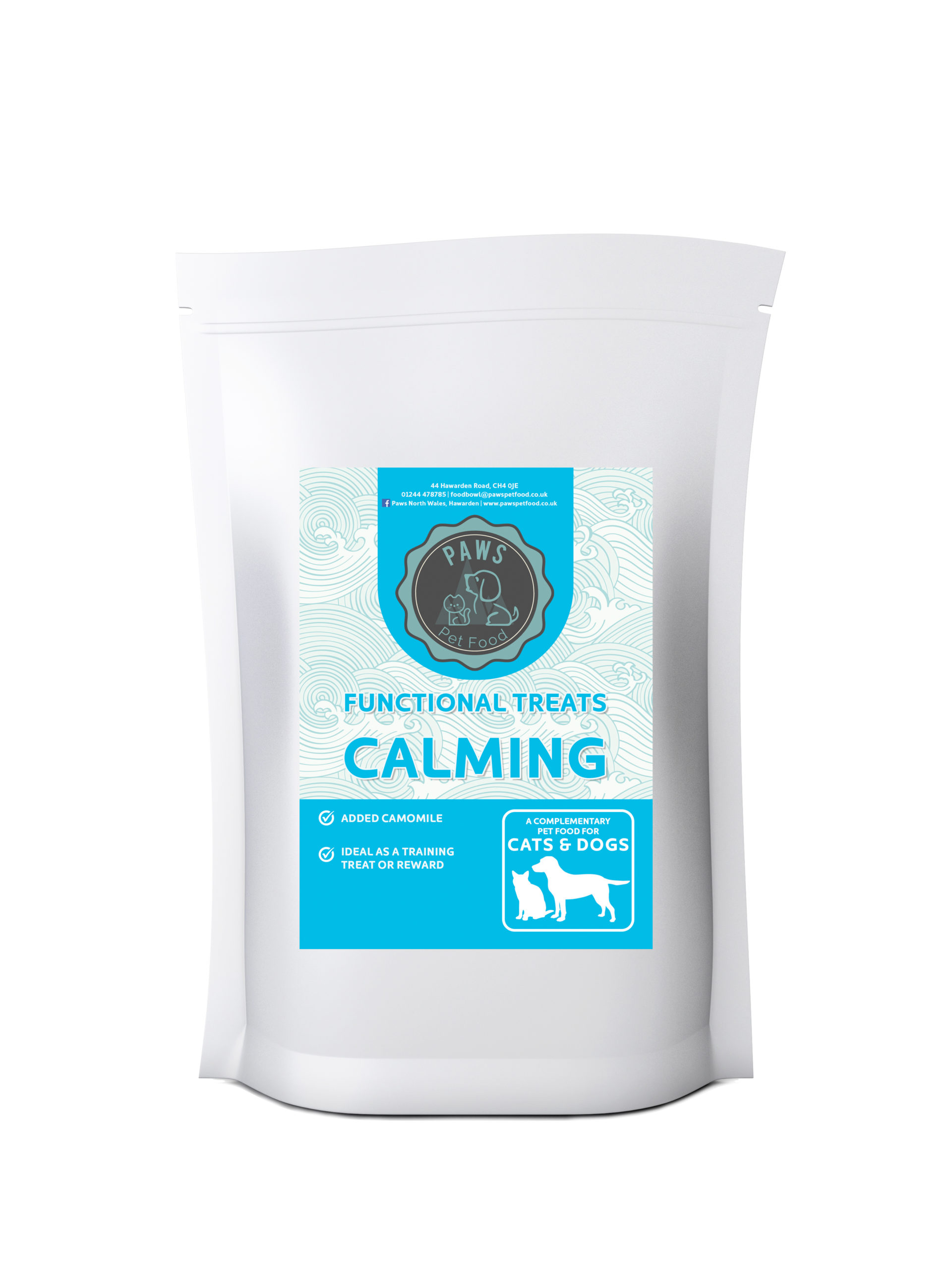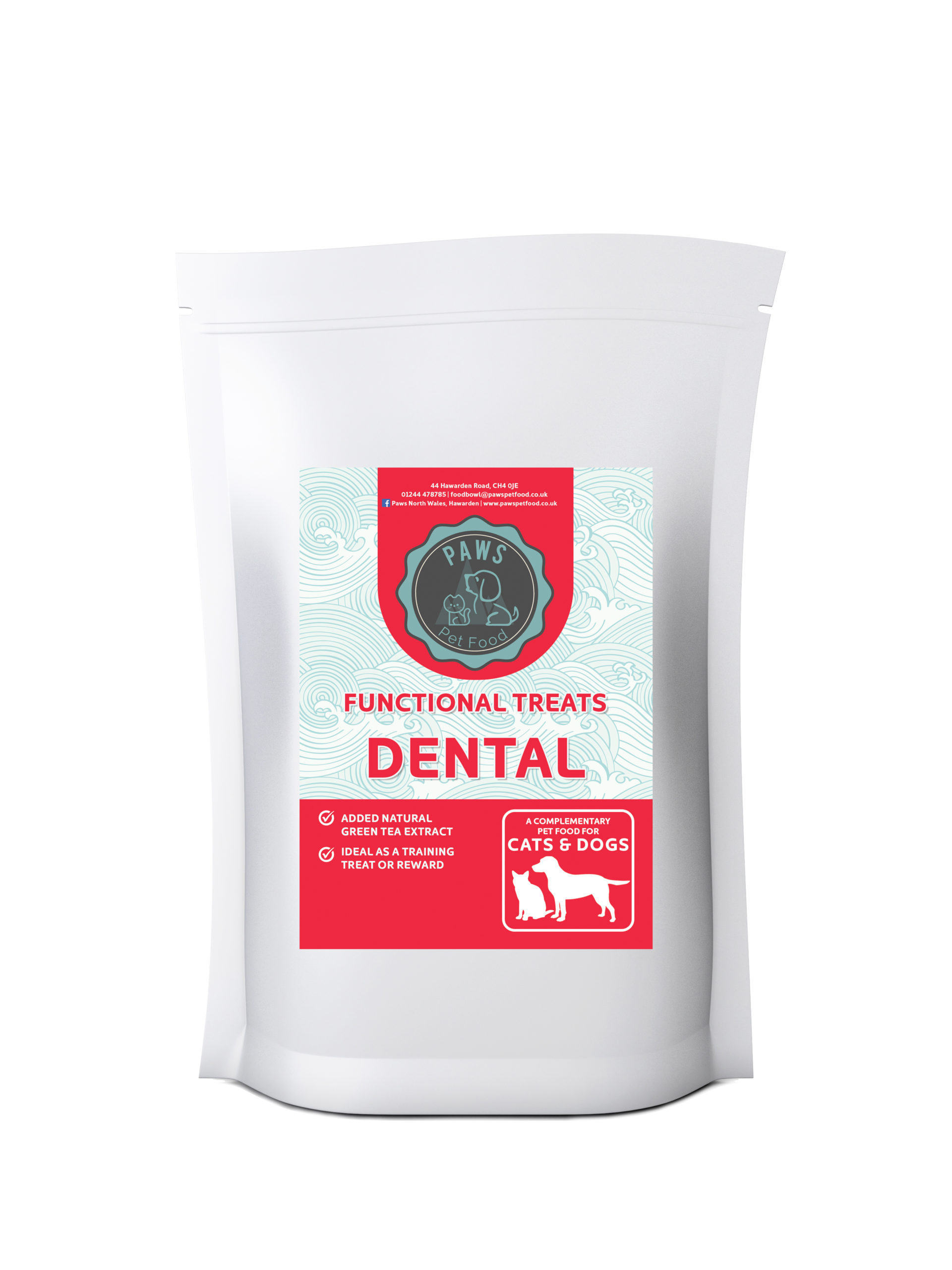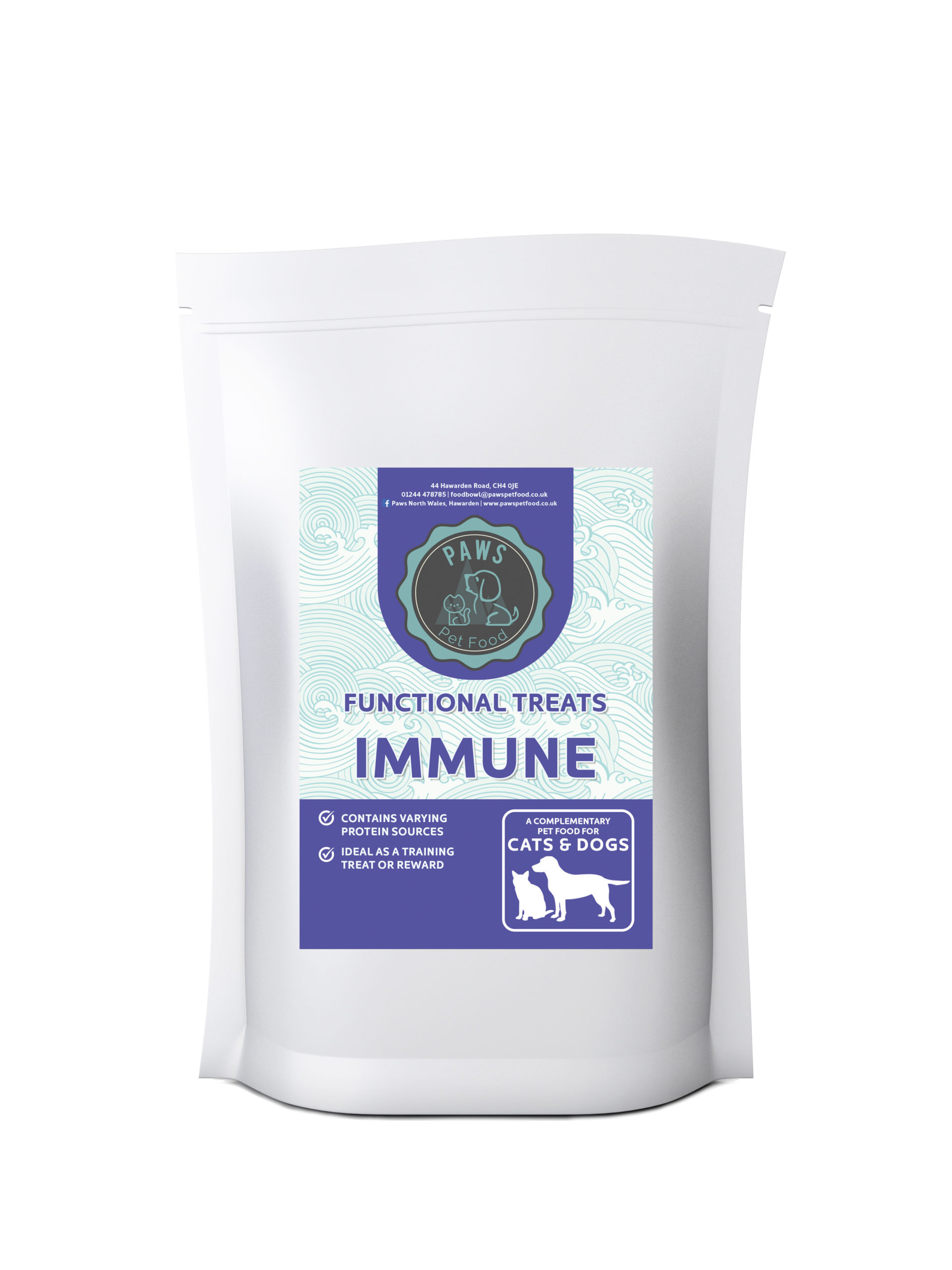Kittens aren’t just smaller versions of cats; they are, in fact, growing babies who need essential nutrients to ensure they develop into healthy cats.
The below article focuses on how cats and kittens have different nutritional requirements and how their pet food differs to ensure their needs are met.
Kitten Food
Kittens are typically fully weaned off their mother’s milk at the age of 8 weeks and can start to feed small amounts of softened kibble from around 4-5 weeks old. The next stage is to consume kibble to lay the foundations for healthy adulthood. Kitten food often contains more fat and protein compared with adult cat food. This is because kittens grow rapidly and tend to be more active than adult cats, so they need food to support their needs. In addition, due to their size, kittens have smaller stomachs than their adult counterparts, so it is advised to feed several small meals across the day.
Protein and Fats
As carnivores, cats and kittens are well suited to high levels of protein and fat in their diet. Kittens require more protein than adult cats to meet the demands of their rapidly growing muscles and help develop their overall strength. Another necessary part of a kittens diet is fats and fatty acids. As well as providing a good source of energy, fats also provide essential omega-3 and omega-6 fatty acids, which play a crucial role in promoting overall growth and development. In particular, two omega-3 fatty acids, known as EPA and DHA, are essential in kitten foods to ensure normal brain and vision development.
Kittens also have a slightly higher requirement for calcium, phosphorous and vitamin D compared to adult cats to help support the development of their growing bones and teeth.
 Cat Food
Cat Food
Generally, once a kitten gets to 80-90% of its full-size, owners should look to transition them onto adult cat food. A kitten usually reaches adulthood by the age of 12 months; however, this can increase to 18 to 24 months for larger breed cats.
Food for active adult cats may be similar to kitten food in terms of protein and fat levels. However, cats that are neutered or have low activity levels, they may be more prone to put on weight, and so a diet with more protein and less fat would be more suitable.
Here at Paws Pet Food, your Connoisseur Cat range contains two recipes that include Turkey and Chicken. One has been formulated for active adult cats and the other for kittens. Each of these recipes has been formulated with 70% Total Turkey and Chicken. In addition, there is a minimum of 30% Freshly Prepared Deboned Turkey, which is ideal for growing kittens and promoting everyday health and well-being for adult cats. In addition, the Connoisseur Cat range includes two recipes formulated for less active and/or sterilised adult cats. These recipes are Salmon with White Fish, as well as Chicken with Tuna & Salmon. Each of these recipes has been specifically formulated for cats that have an increased appetite and reduced activity levels after being sterilised/neutered.








